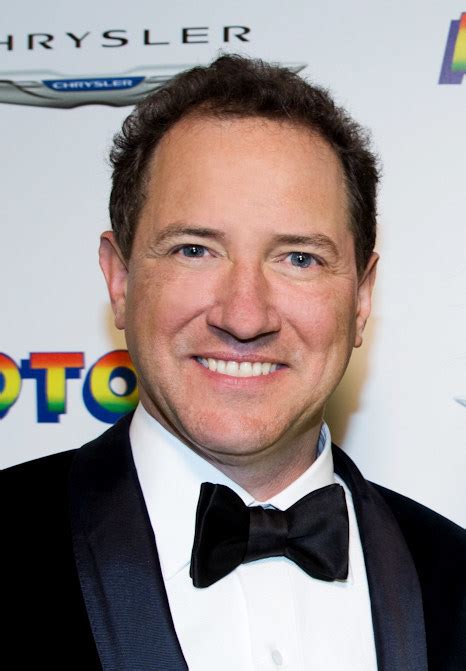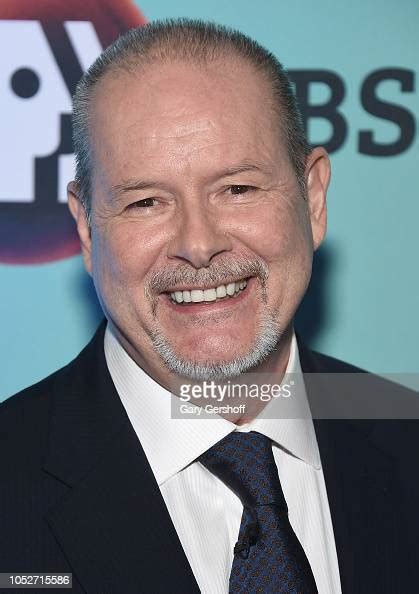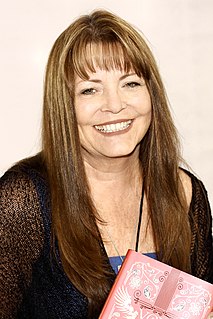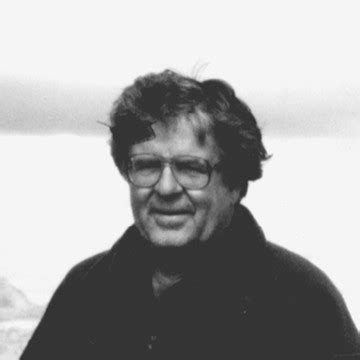A Quote by Kevin McCollum
We all tell our own stories the way we live our lives. My story is: Life is too short to not believe in fresh voices. I don't have Hollywood stars. I have great American artists.
Related Quotes
We read novels because we need stories; we crave them; we can’t live without telling them and hearing them. Stories are how we make sense of our lives and of the world. When we’re distressed and go to therapy, our therapist’s job is to help us tell our story. Life doesn’t come with plots; it’s messy and chaotic; life is one damn, inexplicable thing after another. And we can’t have that. We insist on meaning. And so we tell stories so that our lives make sense.
For we live with those retrievals from childhood that coalesce and echo throughout our lives, the way shattered pieces of glass in a kaleidoscope reappear in new forms and are songlike in their refrains and rhymes, making up a single monologue. We live permanently in the recurrence of our own stories, whatever story we tell.
It seemed to me at an early age that all human communication - whether it's TV, movies, or books - begins with somebody wanting to tell a story. That need to tell, to plug into a universal socket, is probably one of our grandest desires. And the need to hear stories, to live lives other than our own for even the briefest moment, is the key to the magic that was born in our bones.
The Nigerian storyteller Ben Okri says that ‘In a fractured age, when cynicism is god, here is a possible heresy: we live by stories, we also live in them. One way or another we are living the stories planted in us early or along the way, or we are also living the stories we planted — knowingly or unknowingly — in ourselves. We live stories that either give our lives meaning or negate it with meaninglessness. If we change the stories we live by, quite possibly we change our lives.’
These short stories are vast structures existing mostly in the subconscious of our cultural history. They will live with the reader long after the words have been translated into ideas and dreams. That's because a good short story crosses the borders of our nations and our prejudices and our beliefs. A good short story asks a question that can't be answered in simple terms. And even if we come up with some understanding, years later, while glancing out of a window, the story still has the potential to return, to alter right there in our mind and change everything.
What do you know about yourself? What are your stories? The ones you tell yourself, and the ones told by others. All of us begin somewhere. Though I suppose the truth is that we begin more than once; we begin many times. Over and over, we start our own tales, compose our own stories, whether our lives are short or long. Until at last all our beginnings come down to just one end, and the tale of who we are is done.
We tell stories to talk out the trouble in our lives, trouble otherwise so often so unspeakable. It is one of our main ways of making our lives sensible. Trying to live without stories can make us crazy. They help us recognize what we believe to be most valuable in the world, and help us identify what we hold demonic.
I am a man, and men are animals who tell stories. This is a gift from God, who spoke our species into being, but left the end of our story untold. That mystery is troubling to us. How could it be otherwise? Without the final part, we think, how are we to make sense of all that went before: which is to say, our lives? So we make stories of our own, in fevered and envious imitation of our Maker, hoping that we'll tell, by chance, what God left untold. And finishing our tale, come to understand why we were born.
In some ways, Valiant Gentlemen grows out of Tales of the New World, my collection of short stories about explorers who lived "great" lives, but whose experience of it was in the same register as all our lives are - we feel the same extent of human emotion regardless of how exceptional our actions are: nothing is more exceptional than one's own life.
A lot of people who want to see the short story have a renaissance of readership - they tend to think of short stories, and sometimes poems too, as being well-suited to the way we now live, with all of these broken-up bits of time. I hope they're right, but my sense is that our fiction reading has become, if anything, more cherished as a kind of escape from fragmentation.



































